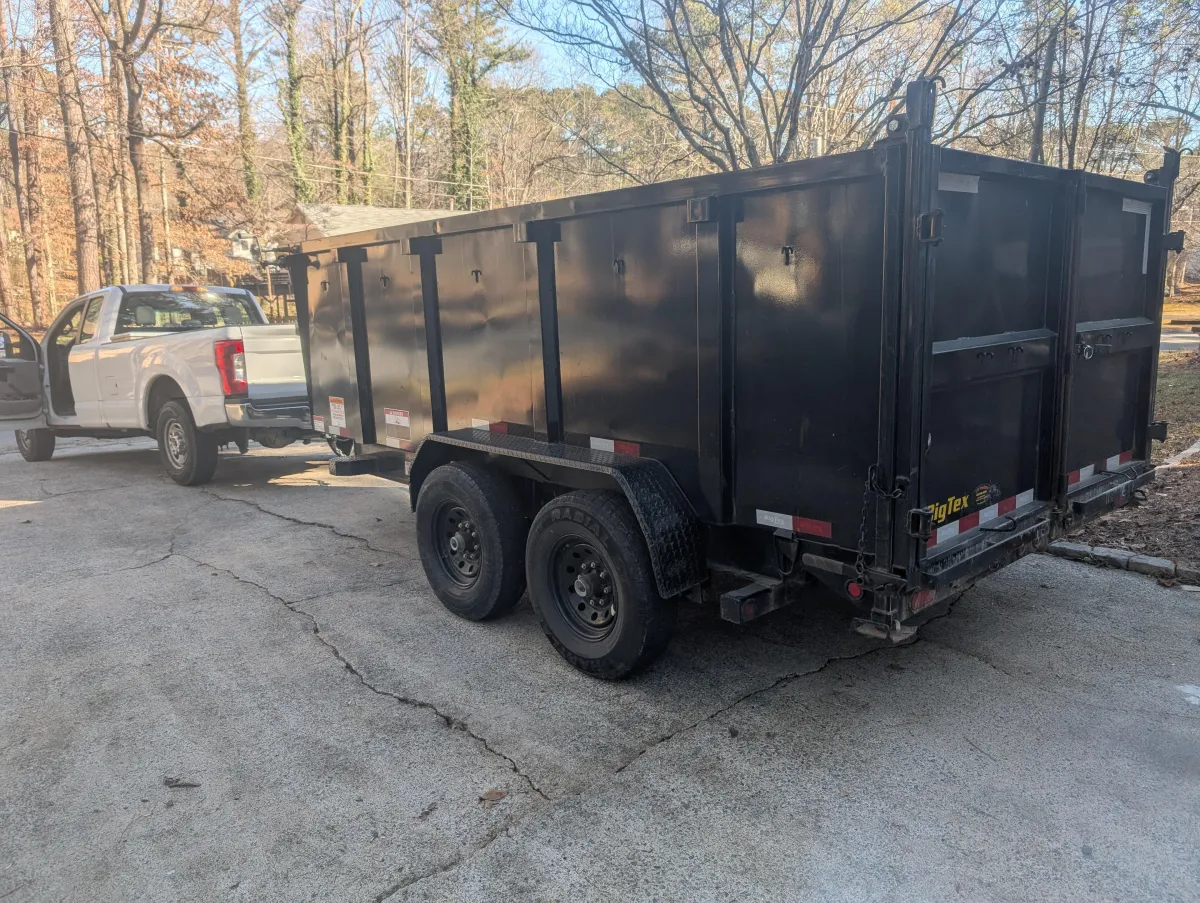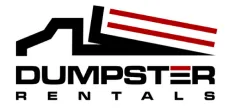
Cobb, Paulding, Southern Cherokee & Bartow

Text us - (423) 567-5326

Avoiding Extra Fees: Understanding Dumpster Weight Limits and Overages
Avoiding Extra Fees: Understanding Dumpster Weight Limits and Overages
Post Description:
Worried about extra fees when renting a dumpster? Understanding weight limits is key to keeping costs low and avoiding surprises. This guide explains how dumpster weight limits work, what materials are the heaviest, and tips for staying within the limits. If you're renting a dumpster in Cobb or Paulding County, County Line Dumpster Rentals has all the answers to help you save money and simplify your project.
Introduction
Dumpster rentals are a fantastic solution for decluttering, renovating, or tackling yard work. But did you know that exceeding the weight limit of a dumpster can lead to overage fees? If you’re not careful, you could end up paying more than expected.
At County Line Dumpster Rentals, we believe in helping our customers make informed decisions. This blog explains everything you need to know about dumpster weight limits, what materials weigh the most, and how to avoid extra fees. Whether you’re in Marietta, Dallas, or Hiram, this guide will keep your rental experience smooth and stress-free.
What Are Dumpster Weight Limits?
Every dumpster rental comes with a weight limit, which is the maximum amount of weight it can hold without incurring additional fees. These limits are set based on safety regulations and landfill policies.
For example, our dumpsters have the following capacities:
12-Yard Dumpster: Best for light to medium projects, with a weight limit of approximately 2-3 tons.
14-Yard Dumpster: Ideal for larger projects, with a weight limit of approximately 3-4 tons.
Weight limits help ensure the safety of transportation and proper handling at disposal sites.
Why Do Weight Limits Matter?
Exceeding a dumpster’s weight limit can result in:
Overage Fees: You’ll be charged extra per ton if the weight exceeds the limit.
Safety Risks: Overloaded dumpsters are harder to transport and can damage driveways or roads.
Environmental Regulations: Landfills have strict policies about how much waste they can process at once.
By understanding and respecting weight limits, you can avoid unnecessary expenses and keep your project running smoothly.
What Materials Add the Most Weight?
Some materials are surprisingly heavy, and even a small amount can push you over the weight limit. Here’s a breakdown of common heavy materials:
1. Construction Debris
Examples: Concrete, bricks, asphalt, drywall.
Tip: If you’re disposing of heavy construction materials, opt for a larger dumpster or plan for multiple trips.
2. Yard Waste
Examples: Soil, rocks, tree stumps.
Tip: Wet yard waste is significantly heavier than dry debris, so plan accordingly.
3. Household Items
Examples: Furniture, appliances, old books.
Tip: Break down bulky items like furniture to maximize space and evenly distribute weight.
4. Roofing Materials
Examples: Shingles, tiles.
Tip: Roofing materials are heavier than they appear, so calculate weight carefully if you’re re-roofing your home.
5. Water-Soaked Items
Examples: Carpets, mattresses, wood.
Tip: Dry out water-damaged items before placing them in the dumpster to reduce weight.
How to Avoid Extra Fees for Exceeding Weight Limits
1. Estimate Your Waste in Advance
Plan your project and estimate how much waste you’ll generate. If you’re unsure, consult with our team—we’re happy to recommend the right dumpster size based on your needs.
2. Distribute Weight Evenly
When loading your dumpster, place heavier items at the bottom and spread them out evenly. This not only prevents overloading but also ensures safe transportation.
3. Break Down Large Items
Disassemble furniture, appliances, and other bulky items to reduce wasted space and avoid adding unnecessary weight.
4. Avoid Wet Materials
Wet yard waste or waterlogged household items can drastically increase the weight of your load. Dry items out as much as possible before disposal.
5. Choose the Right Dumpster Size
Opt for a dumpster that can comfortably handle the weight of your materials. Our 14-yard dumpsters are perfect for projects involving heavier debris.
What Happens If You Exceed the Weight Limit?
If the weight of your dumpster exceeds the limit, you may face the following consequences:
Overage Fees: These fees are calculated per ton over the limit.
Delayed Pickup: Overloaded dumpsters may not be safe to transport, causing delays in your project.
Damage to Property: Overfilled dumpsters can damage driveways or other surfaces during transportation.
At County Line Dumpster Rentals, we aim to minimize these issues by helping you plan your rental effectively.
Tips for Projects with Heavy Materials
1. Rent a Larger Dumpster
If your project involves heavy materials like bricks or shingles, consider upgrading to our 14-yard dumpster. The additional capacity can save you money on overage fees.
2. Separate Heavy and Light Materials
Keep heavy materials in separate loads to better manage weight and avoid exceeding limits.
3. Consult with Experts
Our team is here to help you calculate the weight of your waste and recommend the best solution for your project.
Why Choose County Line Dumpster Rentals?
At County Line Dumpster Rentals, we prioritize transparency and customer satisfaction. Here’s what you can expect when renting with us:
Clear Weight Limits: We provide upfront information about weight limits and fees.
Affordable Pricing: Our rates are competitive, and we work to keep your costs low.
Expert Advice: Unsure about weight limits? Our team will guide you through the process.
Reliable Service: We deliver and pick up on time, so your project stays on schedule.
Frequently Asked Questions
Q: How do I know if I’m approaching the weight limit?
A: Our team can help you estimate the weight of your materials. You can also monitor how full the dumpster is as you load it.
Q: What happens if I go over the weight limit?
A: Overage fees will apply based on the additional weight. We’ll notify you if this occurs.
Q: Can I rent multiple dumpsters for a heavy project?
A: Yes! Renting multiple dumpsters is a great way to manage large amounts of heavy debris.
Q: Do I need to worry about weight limits for general household waste?
A: Typically, household waste doesn’t exceed weight limits unless it includes heavy items like furniture or appliances.
Conclusion
Understanding dumpster weight limits is essential for avoiding extra fees and keeping your project on budget. By planning ahead, choosing the right dumpster size, and loading materials strategically, you can save time, money, and stress.
At County Line Dumpster Rentals, we’re here to make waste disposal simple and worry-free. Whether you’re tackling a home renovation, landscaping project, or cleanout, our team will ensure you get the perfect dumpster for your needs.
Contact Us

Text us - 423.567.5326
SERVICE AREA

Cobb County

Paulding County

Southern Cherokee & Bartow County
BLOG
© copyright 2023 All Rights Reserved. Privacy Policy


